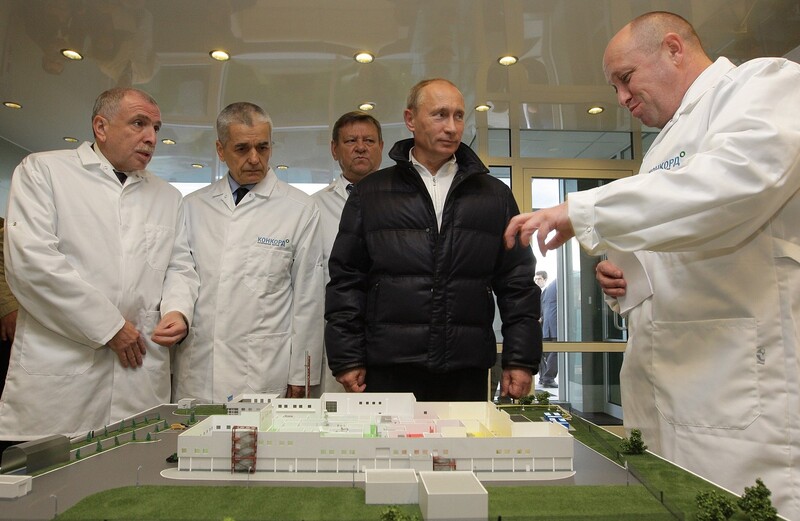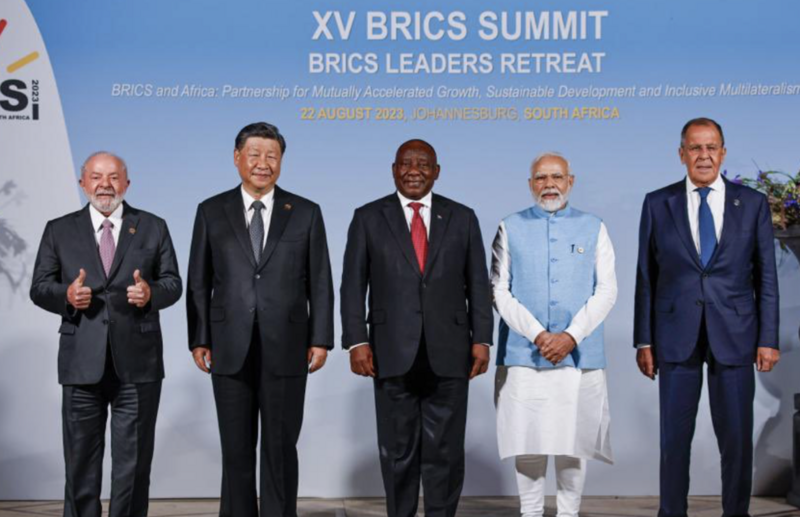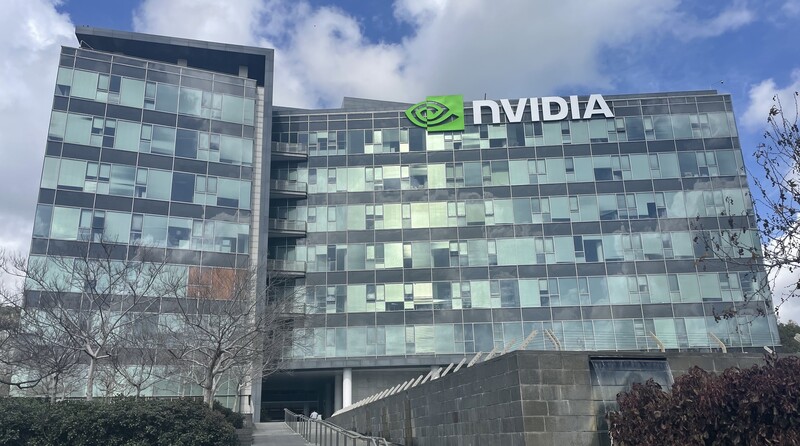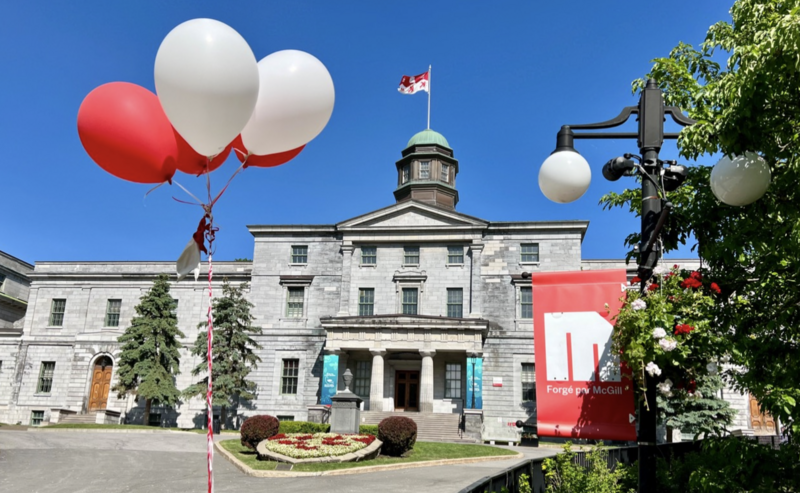It might be time to cut back on the spaghetti carbonara… not because you need to watch the carbs, but to save on your grocery bill.
What happened: Stats Canada lowered its estimates for Canadian wheat production this year to 29.5 million tonnes, which would be the second-lowest total in eight years. It could present a 14% drop from last year’s bumper wheat crop due to droughts across the Prairies.
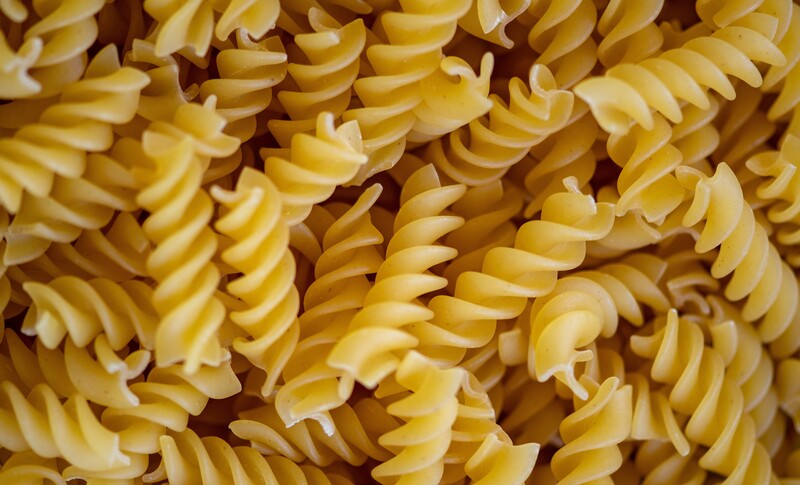

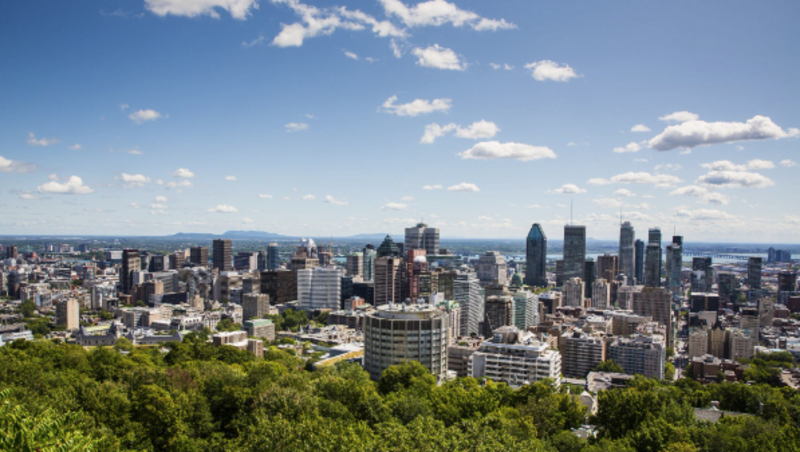

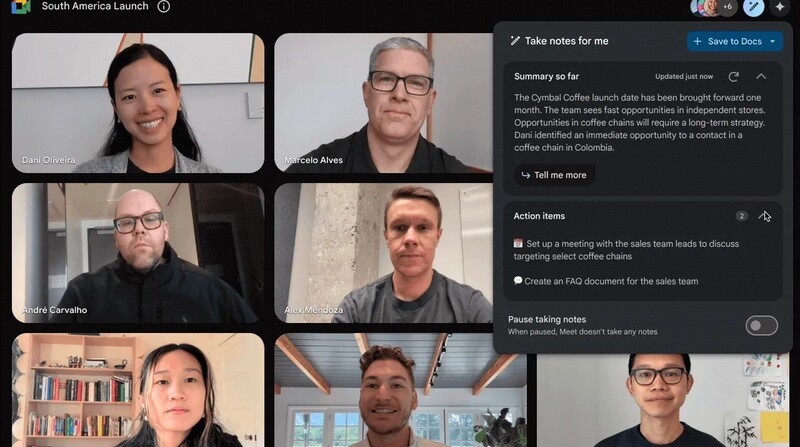

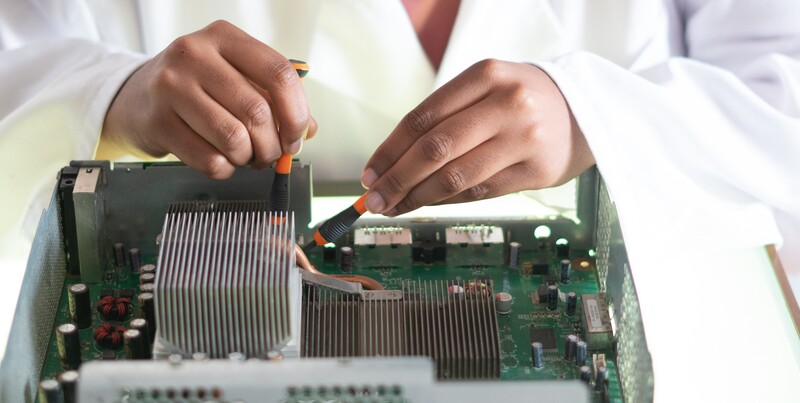

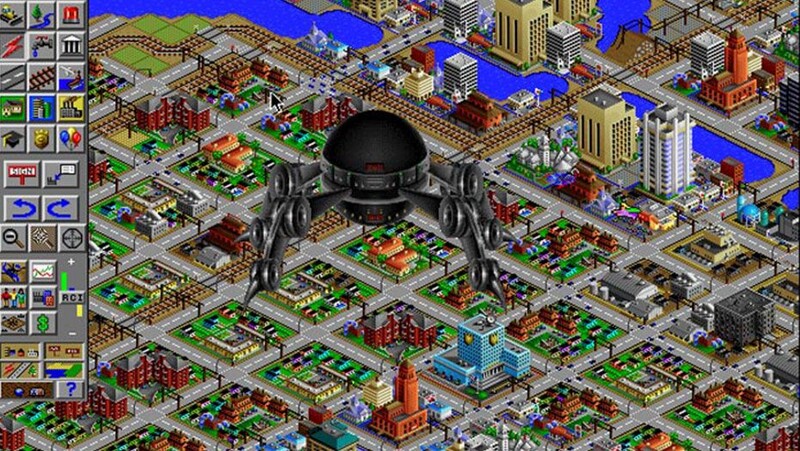
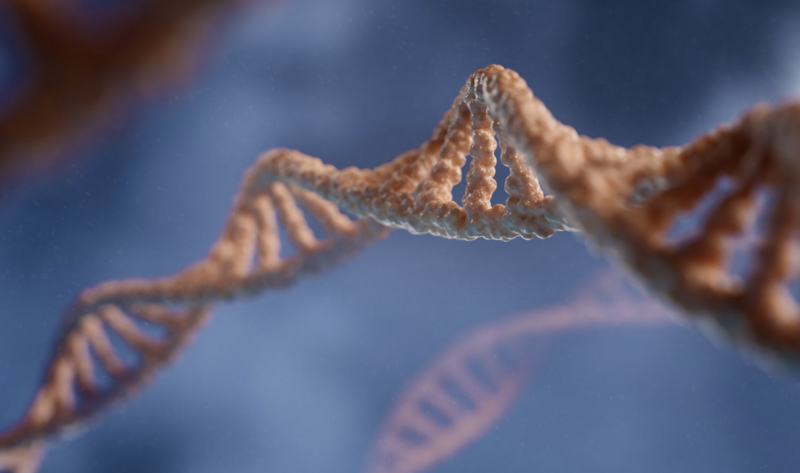
.gif)
.png)
.png)
.gif)
